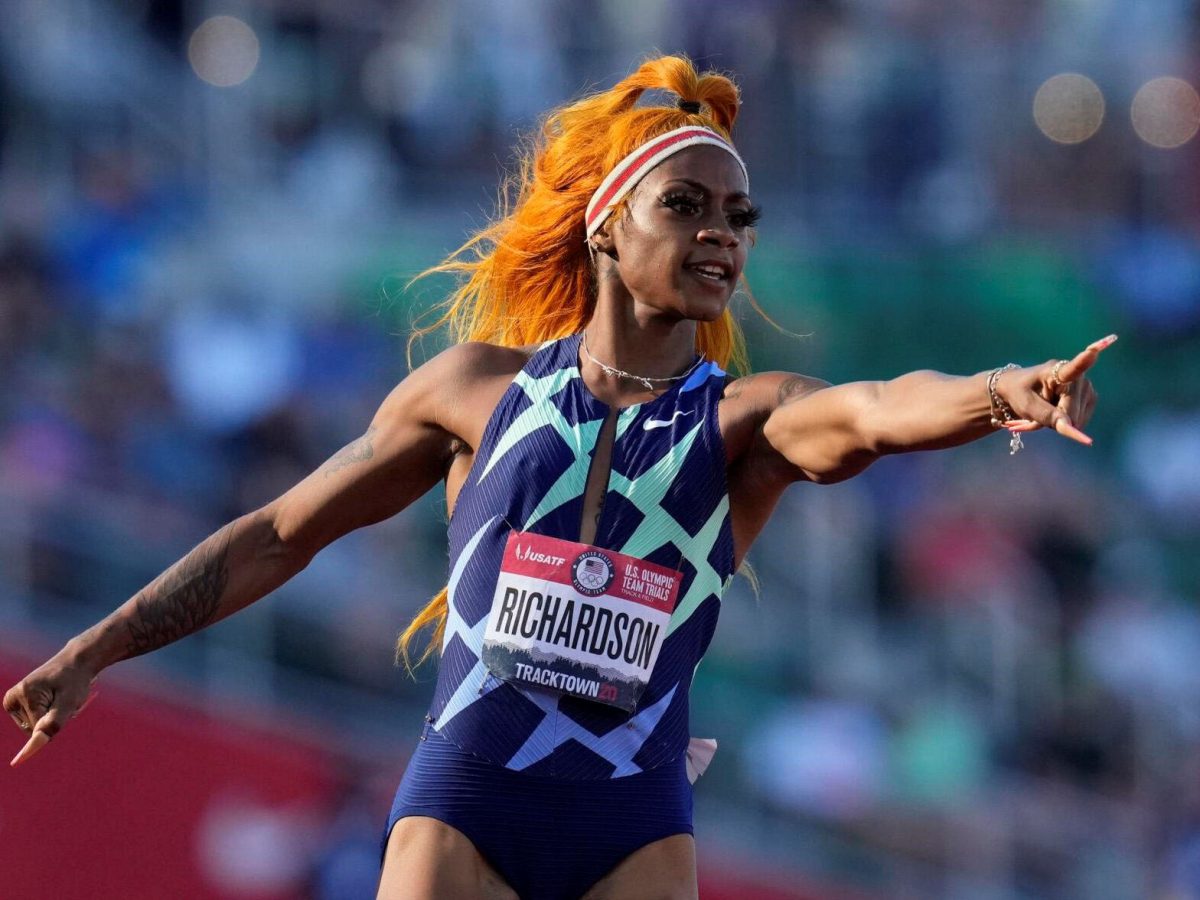
Naomi Osaka was verbally abused for prioritizing her mental health and Serena Williams for her famous catsuit on the tennis court. Just recently track star Sha’Carri Richardson was criticised for her toned body. The skill these women possess is often pushed quickly to the side while their supposed flaw is placed under the microscope.
The comments I read under posts with Sha’Carri Richardson’s recent victory were laced with so much vitriol. There were numerous statements claiming that her success couldn’t be deemed worthy enough and choosing sport was actually the easy way out for her. The commentary, in reality, forms part of a stereotype that black people face in general that is rooted racist ideology. It is one which believes that they are inherently physically stronger and they face an intrinsic deficit in other areas. This bias and stereotype can be found in almost every space that black women occupy with the most frightening place being the maternity ward labour room.
The constant focus on the shape of black women’s bodies also sexually objectifies them. In the comments, Richardson features are highlighted. She was virtually undressed with words.
We may say that Richardson is miles away and such commentary has no direct influence on our lives but that would be a lie. The truth is that for a very long time we have dealt with imagery that has projected a slender white-washed body image as perfect. It is why people feel so confident to sit at their computers or with their smartphones and vilify and rip apart black women athletes According to Akilah Carter-Francique, Executive Director of the Institute for the Study of Sport, Society, and Social Change in a research she conducted with others in 2016, larger societal trends indiscriminately brand black women’s naturally curvy body types as deviant as a result of their departure from mainstream body image in which thinness is widely projected to be the ideal standard of beauty.
We may not all be professional athletes but the impact of such commentary didn’t come out of thin air neither will it just be projected onto Richardson alone. Such stereotypes find their way into our homes, conversations with friends and play a crucial part in shaping our self-esteem, possibly even mentally forcing us to not harness our talents.
While it is impossible for such hate and stereotypes to disappear, it is important for us to recognise them for what they are and to pay keen attention so that they do not become tools in the way we judge others and even ourselves.






